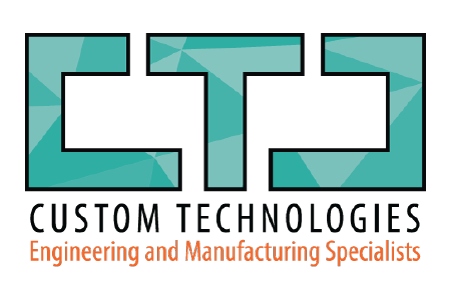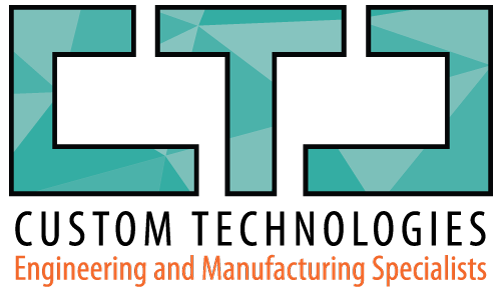Industrial automation is the use of control systems and equipment to perform tasks previously done manually by humans. Many benefits occur as a result, including increased productivity, improved product quality, employee safety, and reduced labor turnover. There is no doubt that automation processes have changed the nature of manufacturing.
Different types of automation systems are engineered to meet specific production requirements. For more information about each type, continue reading below!
Fixed Automation
Fixed automation, also known as hard automation, refers to automation that is designed specifically to manufacture a single product. This type of automation typically involves executing repetitive tasks or fixed sequences that are very specific to a particular purpose. Once set up, it’s challenging to modify the process or reconfigure the automation equipment. This makes fixed automation a good option for production that is stable and consistent and made in high volumes.
Example applications include:
- assembly lines in the automotive industry
- food processing machines
- chemical processes
Programmable Automation
Programmable automation is used to manufacture products that are made in batches. With each batch, the equipment must be reprogrammed to accommodate a new production environment and a new style of the products being produced. There’s a moment of unproductivity, as this changeover process often takes time. Programmable automation is well-suited for low and medium-volume batch production of products that have repeat orders, but aren’t a constant flow.
Example applications include:
- Injection molding operations
- Machine shop operations
- Contract manufacturer facilities
Flexible Automation
Flexible automation, also known as soft automation, is an extension of programmable systems. This method of automation is designed to easily adapt and respond to changes in production needs. Changeovers happen automatically and quickly via pre-programmed computer menu selections, so there is minimal downtime in production between batches.
These automated machines are operated by human machine interfaces (HMIs), and the systems can be configured to produce a variety of products simultaneously. This is ideal for low-to-medium production runs.
Industrial robots are an example of flexible automation machinery, which can be programmed to accomplish multiple tasks on an assembly line, such as:
- drilling holes
- inserting screws
- sanding
- spray painting
- welding
Integrated Automation
Integrated automation is automation that is applied across an entire manufacturing plant via elaborate computer control systems, allowing for minimal human involvement. It is typically a combination of fixed and flexible subsystems. Ideally, the integration is designed such that it can be expanded over time, giving a factory ever-increasing levels of automation.
Discuss Your Needs With Custom Technologies
Send your next custom automation machinery project to Custom Technologies! Our machinery is state-of-the-art, user-friendly, and built to last.
We provide solutions for a wide variety of industries. To schedule a FREE consultation and discuss your custom automation machinery needs, contact us today!


